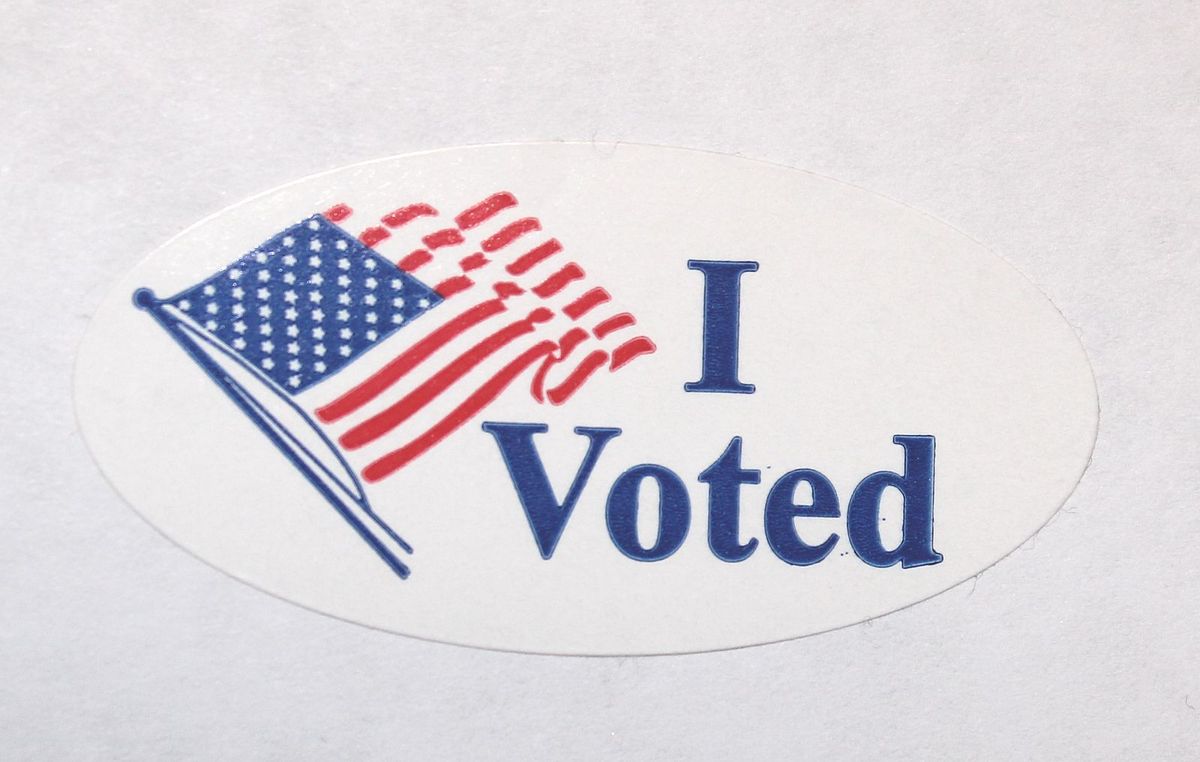How Amherst Students Can Make A Difference in November

When it comes to digital activism, there is no group more capable or savvy than Generation Z. In our hands, Instagram, Twitter, TikTok and all their offspring have become tools to spread awareness and demand political change. For example, when scrolling through social media during an election season, I inevitably see dozens of posts demanding that viewers vote in the upcoming November election.
But despite all its digital activism, our generation still has the lowest voter turnout of any age group in the country, save those who have kicked the bucket.
And even those members of Generation Z who do vote often forget a key way they can support our democracy: working at a poll booth. Serving as a poll worker during an election is among the most important duties to ensure the functionality of the democratic process and requires little more technical skill than sending a tweet or posting a photo.
Most polling stations in the U.S. have a shortage of volunteers willing to staff the booths and ensure election integrity. In 2016, 68 percent of jurisdictions had difficulty corralling enough volunteers to keep the booths running. Nationwide, there’s an estimated deficit of 500,000 poll workers. And the problem is only getting worse.
Part of the reason for this decline lies in the age of most people who work the booths. In 2018, 58 percent of poll workers were 61 or older, while only 8 percent were 25 or younger. Generation Z has failed to recognize the role election workers play in safeguarding our democracy.
The national poll workers shortage is a dramatic and existential threat to the democratic process. Volunteer scarcity often forces precincts to close voting booths, making the voting process more difficult and time-consuming, and therefore less accessible to the many voters who already have trouble finding the time or place to vote.
The burden of poll worker shortages ends up falling disproportionately on minorities, who already suffer more barriers to voting than others. A particular problem is a lack of bilingual poll workers, who are essential for voters who don’t speak English.
Young people’s involvement in the polling process is especially important in 2020. Since COVID-19 carries far greater risks toward elderly people than it does for the young, many longtime poll workers are considering quitting for their own safety. If no one steps up to replace these workers, the already problematic poll worker shortage would become dire, and the election could lose legitimacy.
Mail-in voting may become widely available in November, but in our current system, nothing can fully replace in-person voting. Millions of Americans will undoubtedly try to vote in person, particularly those whose neighborhoods don’t have easy access to the postal service. Moreover, the survival of the postal service remains in doubt as the USPS faces budget cuts and political manipulation.
Young students such as myself and many of The Student’s readers are perfectly suited to take on the responsibility of poll workers. Not only are we less vulnerable to COVID-19, but many full-time college students’ primary obligations are to their schoolwork.. Without the responsibility of taking care of a family or working a 9-to-5 job, we can afford to spend a day at polling booths (please note, too, that most polling booths do pay their staffers). And with many Amherst students living off campus this semester — without the travel restrictions on-campus residents face — taking the day to volunteer at the polls has seen increased facility.
Many states don’t advertise the positions, so it’s not always clear how to volunteer to be a poll worker. Each state’s procedure for volunteering, however, can be found on the Election Assistance Commission. Other organizations like powerthepolls.org also facilitate people volunteering as poll workers. Registration is open in most states, and it’s important to volunteer early so election officials can adjust polling station numbers accordingly.
If young people volunteered to work at polling stations, we could create a culture of electoral activism that would stretch far into the future. When voters see that their polling stations are managed efficiently and dutifully by a new generation of public servants, their trust in elections and democracy will likely improve. Generation Z, in return, can gain experience with promoting not just specific political causes, but the institutions of democracy as a whole. Encouraging mail-in voting on social media isn’t enough.
Young Americans like myself have consistently sought a bigger role in electoral politics, yet have had difficulty finding a place for themselves. In working polling booths, Generation Z has an opportunity to enter a vital sphere of democracy where they are not only accepted but desperately needed.


Comments ()